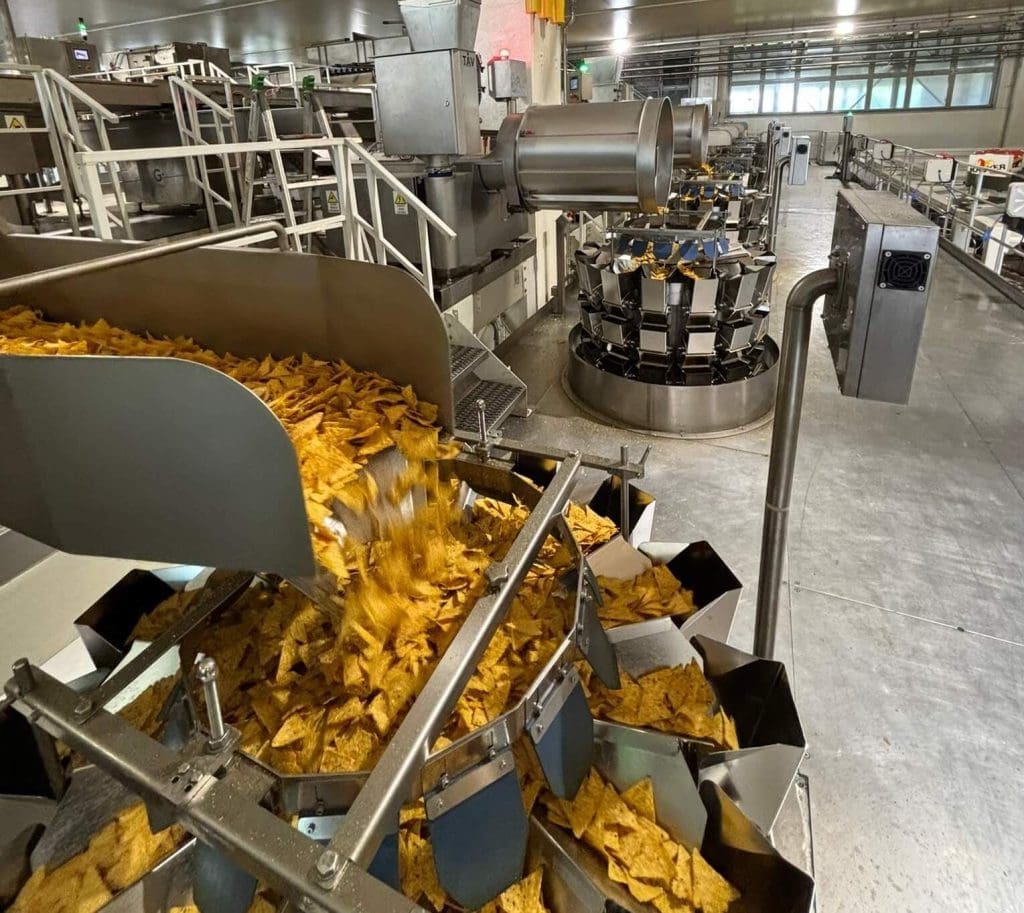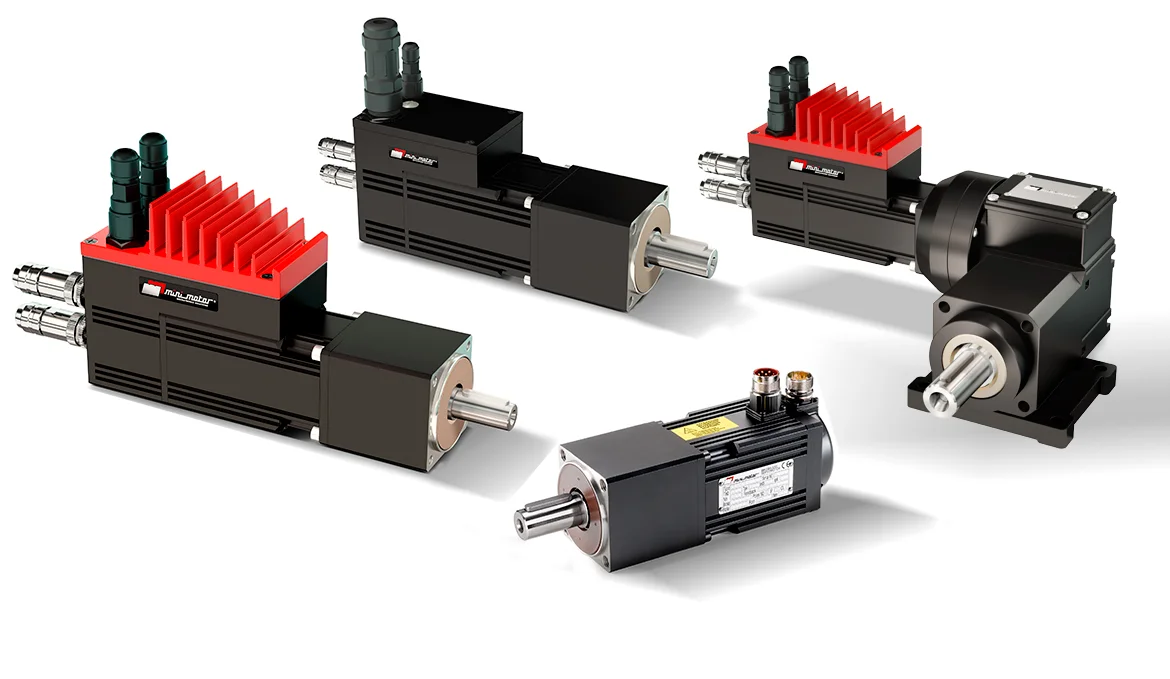
Founder, Sales
Automation, hygiene, and energy efficiency are top priorities in today’s food industry. ESG-ITALY positions itself as a strategic partner for companies looking to simplify production processes and integrate advanced control systems. With a focus on snack production, the company offers complete, tailor-made solutions that combine electrical engineering, software development, and system integration—reducing complexity and supporting sustainable innovation. In this interview, the ESG-ITALY team shares their approach to helping clients build efficient, future-ready food plants.
ESG positions itself as a technical partner for automation and industrial process control: what are the most common needs you encounter in food companies, and how do you address them?
At ESG-ITALY, we specialize in snack production—extruded, fried, baked products—and we know how complex it is to build or upgrade a food plant. The most common issue? Lack of time and internal resources. Managers are often overloaded, and coordinating different suppliers and technologies can become a real burden. That’s where we step in as a single point of contact for the full automation and control system.
From design to commissioning, we deliver efficient, cost-effective, and customized solutions, using our strong industry expertise and trusted supplier network. The result is a smoother project and a more efficient plant—with higher quality and less stress.

Your experience spans multiple industries, but the food sector requires strict safety and hygiene standards: how do you adapt your systems to meet these requirements?
Hygiene is critical, especially with fried snacks where residues like oils and flavourings can become contamination risks. Sanitation must be fast and effective to avoid downtime and maintain standards.
At ESG-ITALY, we apply four principles in every design: ease of cleaning, energy efficiency, ergonomic layout, and user-friendliness. We favour self-cleaning equipment or setups that allow quick, thorough sanitation. We also work only with partners who meet the highest hygiene certifications, including those related to sustainability.


Your approach combines electrical design and software development: how important is it to offer integrated solutions to food machinery manufacturers?
Today, integration is essential. Many suppliers offer good components, but only a few deliver the full picture. Our value lies in transforming individual machines into a coordinated, intelligent ecosystem.
Our team includes project engineers, software developers, and system integrators who collaborate closely to ensure each element communicates and works as part of a high-performing system. Our clients don’t just buy automation—they gain a complete, optimized production flow.
ESG often handles complex plants that must be commissioned abroad: what are the main challenges when working with Italian technologies in international production contexts?

We don’t limit ourselves to Italian technologies. Our approach is international and solutionoriented. The real challenge is integration— different standards, languages, workflows.
For every major project abroad, ESG manages the key phases directly: installation, commissioning, and training. We ensure local teams become fully autonomous before leaving the site. In some cases, we even deploy a dedicated team locally to support startup and continuity. That’s how we guarantee results globally.
Speaking of Industry 4.0 and digitalization: what technological trends are you observing in your recent projects for the food sector?
We’ve moved beyond the Industry 4.0 concept. Today we talk about Industry 5.0—where digital tools serve not only productivity, but people and sustainability.
Our systems already integrate AI-powered modules and smart features to monitor energy use, boost efficiency, and support real-time decision-making. The future is built on intelligent, connected, and human-centered automation.





